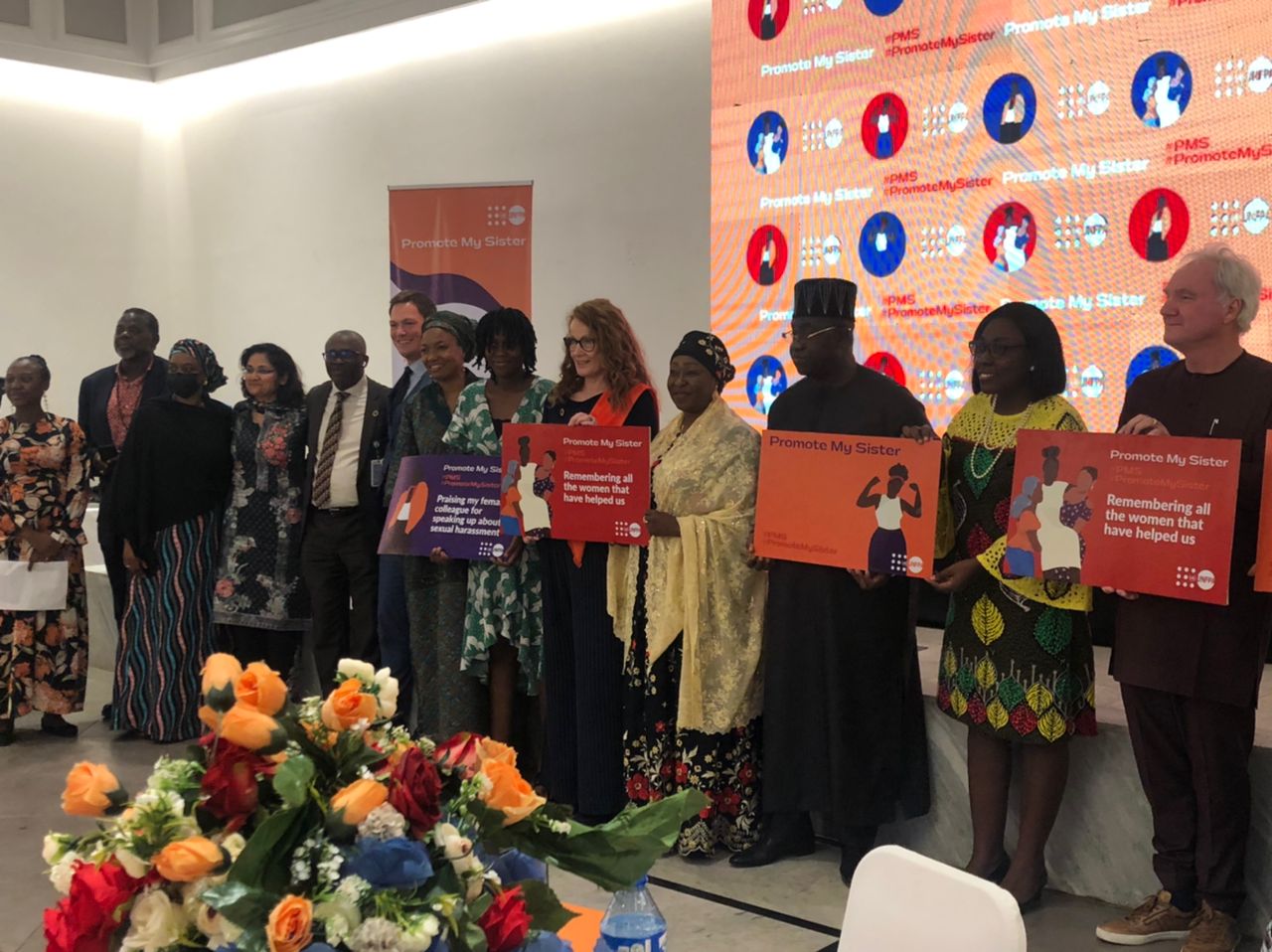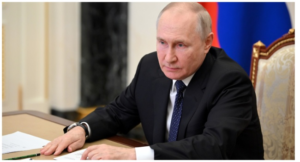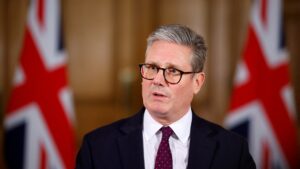
The United Nations says women need to be more represented in leadership roles to strengthen Nigeria’s economy.
The organisation said this on Tuesday at the launch of its #PromoteMySister campaign in Abuja, through the United Nations Population Fund (UNFPA), an agency focused on gender-based issues.
The all-women and girl-focused campaign is aimed at strengthening women empowerment and accelerating gender equality in Nigeria.
Speaking at the event, Mathias Schmale, UN resident coordinator, said more women need to occupy leadership positions for the economy to evolve.
According to him, to see a progressive economy, “we must design a future for our women.”
Ulla Mueller, the UNFPA resident representative, said Nigeria would lose out on effecting social and economic growth if women’s rights are not protected.
“The world is right now being challenged greatly. We have increased security concerns. We are facing a food security crisis; we are facing issues around climate change; we have a lot of migration. There are so many things going on in the world right now, that means that the world needs to protect children and women,” she said.
“If we don’t make that happen, Nigeria will lose out on one of the best drivers of social, and economic development this country has.”
On her part, Pauline Tallen, minister of women affairs, said gender-based violence, as one of the most oppressive forms of inequality, has hindered economic growth.
Represented by Asabe Bashir, director-general (DG) of the National Centre for Women Development, the minister said female participation is limited due to “inequitable access to education, affordability, and stereotypes”.
“Equal labour market opportunities, treatment at work, and striving for gender balance in the digital sector are of utmost importance to the world and economy,” she said.
“There is also a growing evidence base to demonstrate that preventing this violence can promote economic growth, human dignity, and a just, humanitarian society.”
Clem Agba, minister of state, budget and national planning, commended the UN initiative, saying the #PMS campaign is in line with some of the aspirations of the national development plan 2021-2025, which he said is aimed at reducing maternal mortality and the vulnerability of women and girls.
“The plan targets to reduce the maternal mortality rate from 814 to 500 per 100,000 live births. To this end, let me use this medium to appeal to the UNFPA to ensure that the objectives of the campaign are achieved,” he added.







